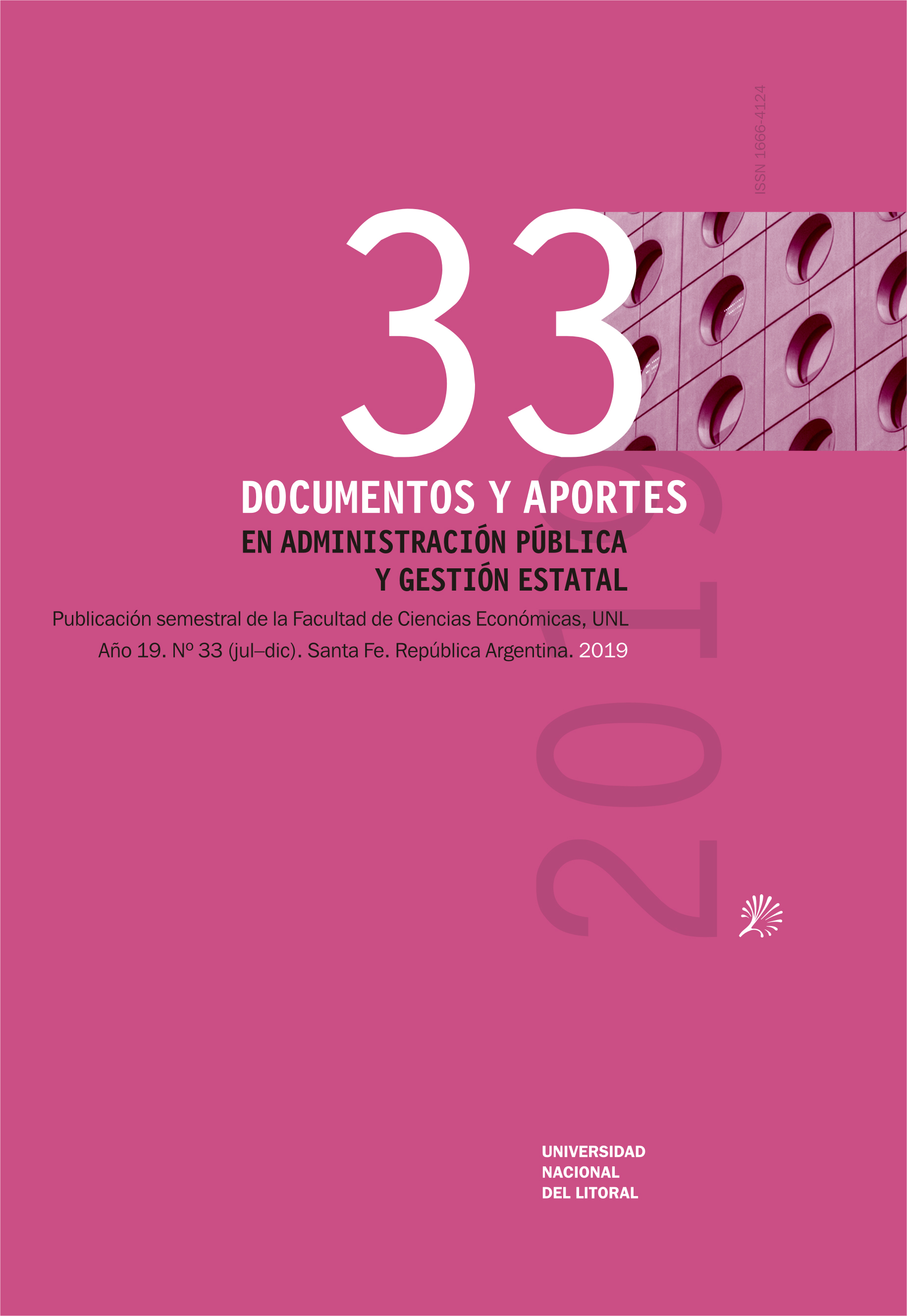Desarrollo regional desigual e inserción internacional subordinada: el caso de Brasil
DOI:
https://doi.org/10.14409/daapge.v19i33.9134Keywords:
Brazil, brazilian social thought, modern world system, regional development, uneven developmentAbstract
The purpose in this article is to reexamine the regional development process in Brazil, but aiming to build an interpretation which consider the formation of its territory. This intention can be reached by means of a dialogue with interpreters of the brazilian social thought. The concern is with gather evidences to explain how internal and external economic, political and cultural forces have conditioned the territorial formation. It is assumed that an alternative interpretation for the brazilian regional question could appear. The results sugest that the regional configuration of Brazil, which can be associated with inequalities and conflicts throughout its formation, can be explained by the nature of the insertion of Brazil into the modern world–system, A concrete consequence of this fact is that, since its political independence, the regional development process in Brazil has been widespread as a strategy, emanated from the developed metropoles, of quality of life homogenization.







